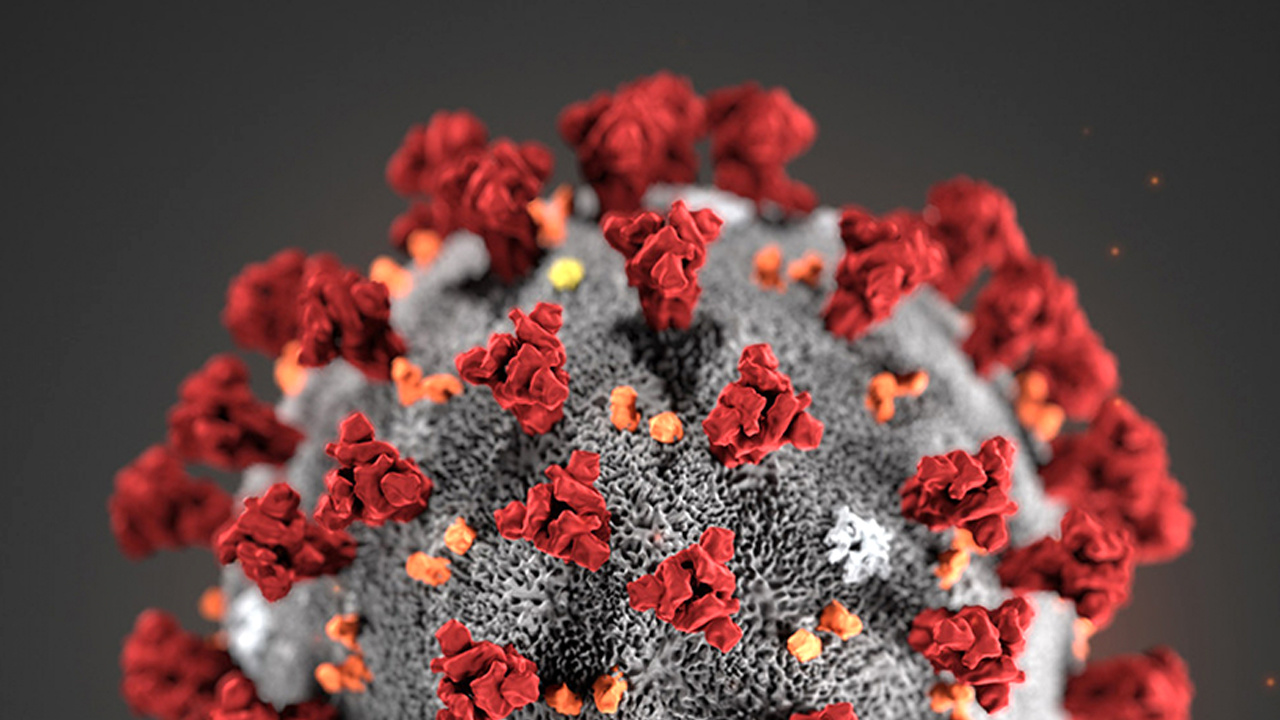
We Must Be Honest About What the Coronavirus Outbreak Will Mean for Climate Action

United Nations
By Anders Lorenzen, A Greener Life, a Greener World
In the wake of the global Covid-19 outbreak which has caused the biggest disruption to life as we know it and to the economy since World War II, many have been celebrating the drop in emissions from reduced industrial activity, travel and so on.
But we really must be careful about how we communicate these wins and indeed celebrate them.
For years people skeptical about climate action have argued, that ambitious emission cuts will bankrupt the world economy, will make our lives more miserable, and will take away our democratic right to do what we want. It is a view backed up by some climate activists who argue we need to get rid of capitalism in order to tackle the climate crisis.
On the other hand, the people actually working on tackling the climate crisis, including NGOs, economists, politicians, policymakers, think tanks, journalists and columnists argue that we can tackle climate change while still maintaining strong economies. They claim that many new jobs will be created through green policies and the workforce needed for clean energy projects. New infrastructure projects are needed to protect our societies from the worst impacts of climate change, and the investments in R&D to create new and better technologies, will hugely boost and diversify the economy.
If we make too much of a case for the benefit of declining emissions in the wake of Covid-19, naysayers will argue that the stringent emission cuts many have been calling for can only be made by grinding the economy to a halt and by limiting people’s movements. While any drop in emissions is welcome, we will have to think about what will happen once the Covid-19 outbreak ends, and it will end.
It is important also to note that while in the wake of the outbreak, the travel industry, the fossil fuel industry and many other high emission industries are suffering, so are also the industries which fuel the green economy. We must remember that before Covid-19 struck green technologies were rapidly expanding and becoming more competitive in line with the tightening of regulations. We need to make sure that we don’t experience a setback in the green economy and that we do not end up where we were ten years ago.
Some of the optimism about Covid-19 has been based around the idea that the outbreak will change everything forever and we will never go back to how it was before. But what if it doesn’t? What if fossil fuel and airline companies continue unabated once the outbreak has finished benefitting from government help packages and the fewer regulations which might then come into force?
What would happen if regulations for such industries are not reinforced once the outbreak is over, or that there is a long delay? How and why do we think our societies will change once Covid-19 ends?
These are all viable questions we should ask ourselves. Many would argue that we never learned the mistakes from the 2008 financial crash and never truly reformed the financial industries.
On one hand, It is hard not to celebrate this huge saving of emissions. But we must also adopt the stance that we don’t need the global economy to collapse in order to reduce emissions. We do not want to use arguments that if we are to tackle climate change we must go back to living like cavemen. If we say that this outbreak is good for tackling climate change then we also say we can only tackle it by constraining the economy, bankrupting thousands of small companies and letting millions of workers become unemployed.
A virus is not the tool needed to tackle the climate crisis. Instead, we must make it clear that the quicker the economy get back on track, we can better make sure the green economy is not impacted and that we continue investing in green solutions.
We must also keep donating to the crucially important NGO’s and organizations which work tirelessly to tackle the climate crisis. This is the best chance we have of dealing in the long-term with the climate crisis.
This article originally appeared in A Greener Life, a Greener World and is republished here as part of Covering Climate Now, a global journalistic collaboration to strengthen coverage of the climate story.
- Pope Francis Says Coronavirus May Be Symptom of Climate Crisis ...
- Greta Thunberg Calls for Digital Strikes Amid Coronavirus Fears ...
- Coronavirus Response Proves the World Can Act on Climate Change
- Did the Climate Crisis Enable the Coronavirus Pandemic? - EcoWatch

 233k
233k  41k
41k  Subscribe
Subscribe 